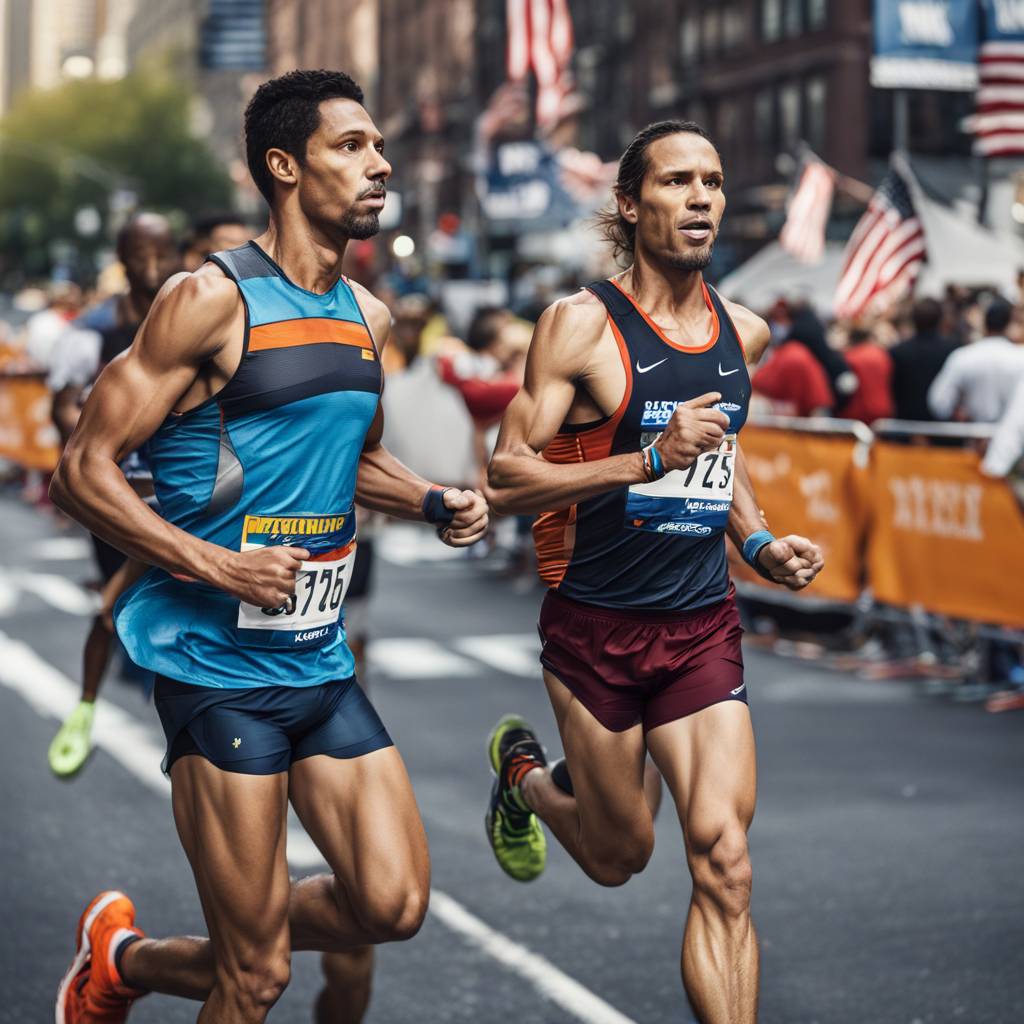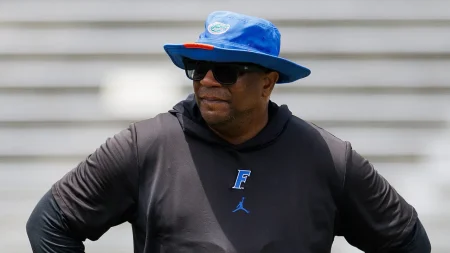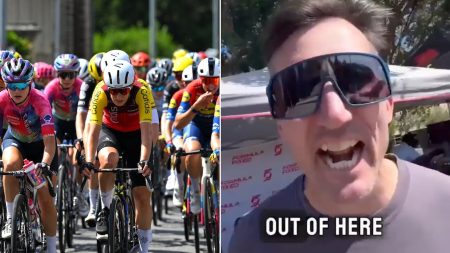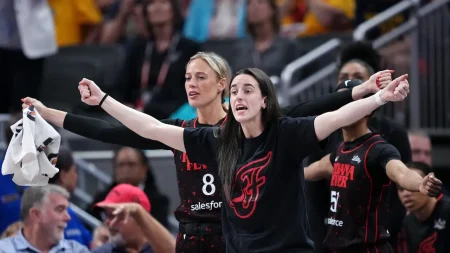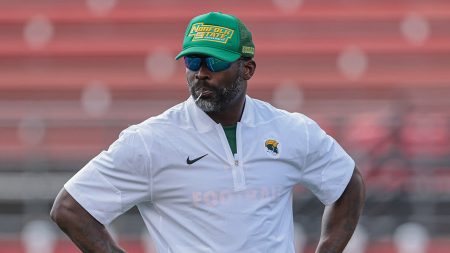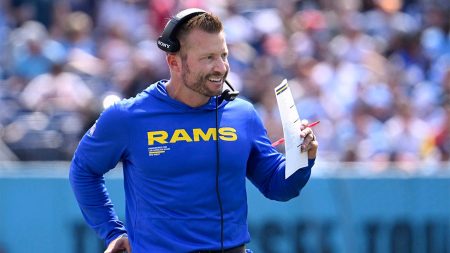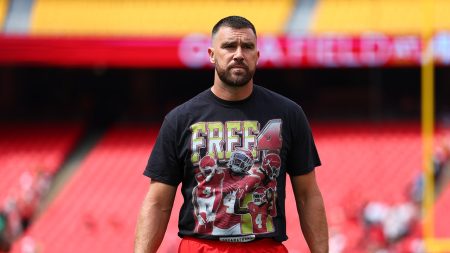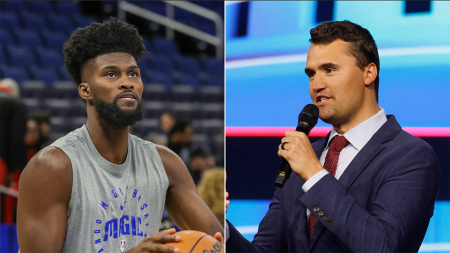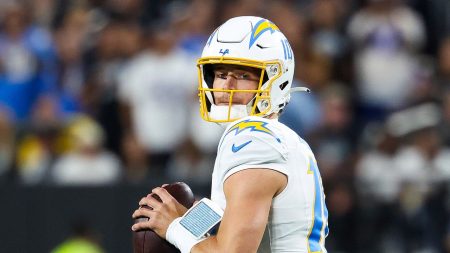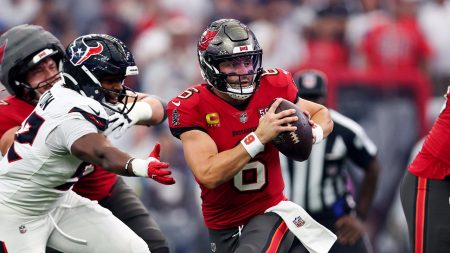The Metropolitan Transportation Authority (MTA) is demanding that the organizers of the New York City Marathon pay $750,000 to cover lost toll revenue from shutting down the Verrazano-Narrows Bridge. The New York Road Runners are being threatened with restricted use of the bridge if they do not pay up, potentially leading to a reduced participant pool for this year’s marathon. Internal memos have indicated that runners may only be allowed to use the lower deck of the bridge for the race, despite the marathon traditionally using both levels for the past 36 years. The MTA is seeking full reimbursement for the lost revenue from the marathon.
The New York City Marathon is not only a prestigious race for elite athletes, but also an opportunity for thousands of participants to raise money for charitable causes. With an expected 50,000 participants this year, the New York Road Runners argue that decreasing entrants would extend the length of the race, shutting down more bridges and streets throughout the five boroughs for longer periods of time. The organization has requested New York Governor Kathy Hochul to intervene in negotiations with the MTA, urging the agency to negotiate in good faith. The New York Road Runners have already agreed to increase their payment for the bridge closure but feel that the MTA is not making sufficient concessions in the negotiations.
The New York Road Runners have highlighted the significant economic impact the marathon has on the state and city, attracting over one million spectators and 50,000 runners to the streets of New York City each year. The organization had a total income of $100.2 million during the last fiscal year, indicating its financial contribution to the city. The MTA, which has been a controversial topic in recent weeks, recently approved a congestion pricing plan that would charge drivers a $15 toll to enter Midtown Manhattan below 60th street. This move has sparked debate among city-goers, with the MTA citing the need for increased toll revenue to upgrade transit and railroad systems.
The dispute between the New York Road Runners and the MTA has raised concerns about the future of the New York City Marathon and its impact on participants and charitable causes. The potential restrictions on bridge usage could affect the overall experience of the race and the ability of runners to navigate the course effectively. Both parties are facing pressure to reach a resolution that benefits all stakeholders involved, including the city, runners, and charitable organizations. The outcome of these negotiations will determine the financial implications for the marathon and the MTA, with both sides seeking a fair and sustainable solution to the toll revenue dispute.
As the negotiations continue between the New York Road Runners and the MTA, there is anticipation for a resolution that allows for the successful staging of the New York City Marathon while addressing the financial concerns of the transportation authority. The marathon holds cultural significance for the city and participants alike, and any changes to its traditional route and usage of the Verrazano-Narrows Bridge could impact its overall appeal and logistics. The involvement of Governor Hochul and other stakeholders in the negotiations will play a crucial role in determining the future of the marathon and ensuring that it continues to thrive as a celebrated event in New York City’s calendar.




